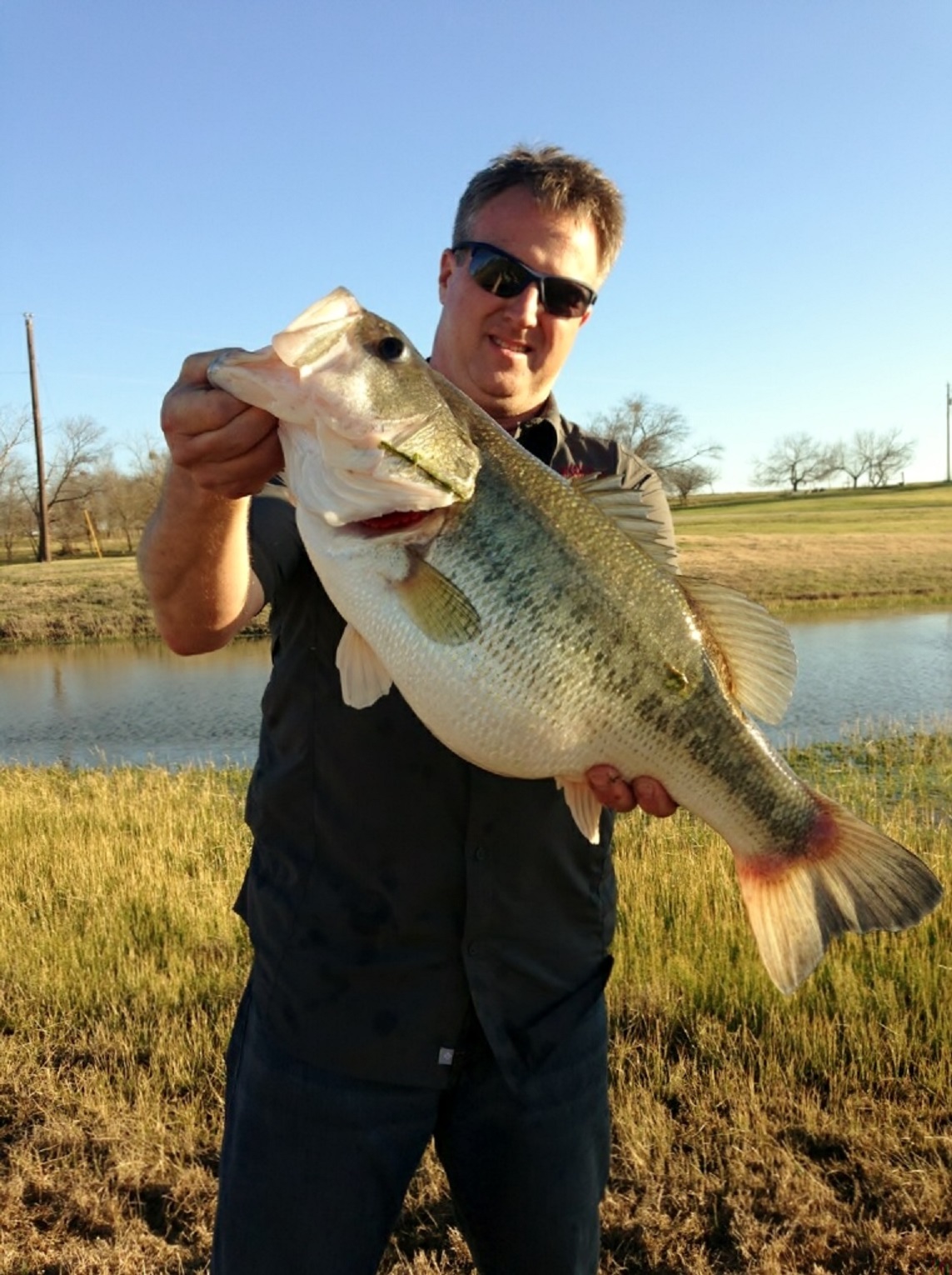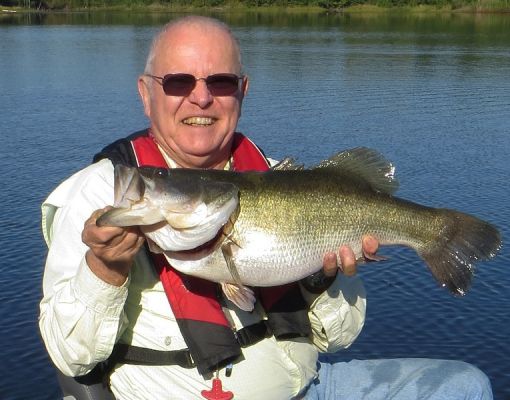Nov 24 2014
Steve Alexander
Admin
Tom,
First, thank you for the kind words about providing you and our members with great places to go fishing. Finding great places to fish is the lifeblood of our club.
Not sure where to begin on your questions. But, I think I could say yes and no to virtually all of them. However, here a few facts about bass that are generally accepted. Again these are generalities and things like habitat, food chain, genetics, and harvest all effect these generalities. You often get into trouble when you talk generalities, but here are some. THIS IS NOT TRUE FOR EVERY FISH OR FOR EVERY LAKE.
* Bass grow at 1.5 to 2.5 lbs a year in a new lake for the first few years. Bass grow about a 1 lb a year in an established lake with a good forage base. A bass has a life span of about 10 to 12 years and they do die of old age. Mother natures scavengers (coyotes, raccoons and buzzards) make short order of a dead floating fish. So you generally will not see one. If you do it is usually only hours or a couple days old.
* Big Bass get big for a reason. They are very weary creatures.
* Being vulnerable (we call them stupid fish) is a genetic trait. So, there are some lakes that have fish easier to catch than others. So, in many cases, you do catch the same fish over and over. For example, there maybe 3 or 4 ten lb bass in a given 10 acre fishery. However, only 1 or 2 of those 10 lb fish will ever be caught. Some of the fish are more vulnerable than others. Some fish will never be caught in a lake. (This is not to say there are typically 3 or 4 ten lb fish for each 10 acres of water. This was for example purposes.)
* Florida Bass become conditioned to lures much more quickly than do native bass. However, Florida bass grow much larger. So, there is a trade off. In most cases our lakes have FX crossed bass. This means that we have a genetic cross of both Florida and Native bass genes. While we give up a little size by not having pure Florida bass, we have bass that will bite an artificial lure. 90% of private lake managers in Texas today stock some type of FX genetic bass. The exception is generally the landowner that says he is only interested in catching Trophy fish; even if that means catching them very infrequently. I can not say with 100% certainty, but most of our public lakes have Florida and Native crossed genetics. So, this means that there are still some pure Florida bass and some pure native bass fish in the lake, but most have some genetics from both sides.
*The biggest sources of big bass declining or dying are probably; angling mortality and an oxygen depletion in the lake. Angling mortality would be allowing a big bass to swallow the hook. Or, throwing used plastics overboard; the fish swallows the plastic and it gets stuck in there intestinal tract. Or the fish looses it slime coat by allowing the fish to stay out of the water too long while taking a picture. Oxygen depletion generally happens in Texas during July, August or September when the water is at its warmest. It often happens when cold rain water mixes quickly with hot or warm lake water, causing the lake to flip or turn over quickly. Unfortunately, bigger bass fall victim to an oxygen depletion more often than the smaller fish.
Thanks
Steve



Nov 22 2014
Tom Dillon
Toad
Member Since :
2014
Number of Posts :
516
Driving home from Yates Place this week, I found myself wondering about how many of the club's biggest fish have been released. Human nature being what it is, I'd be very surprised (and happily so) to learn that all of the double-digit fish that our members have caught are still swimming around in the waters where they were caught - but surely some of them were gill-hooked, and did not survive. How many of them have subsequently died from other causes, such as old age? Do members ever find big bass floating? Have any of them been kept and mounted? Even if all were released and are still alive, did they learn from their traumatic experience and are now more difficult to catch? How many of them have been caught multiple times? Surely some of them have. I realize that no one will ever know the answers to all of my questions, but idle minds tend to wander, and my old brain seems to wander more than most.
Have a wonderful Thanksgiving, everyone.....and Steve, thank YOU for providing us with such wonderful fishing experiences!
Tom